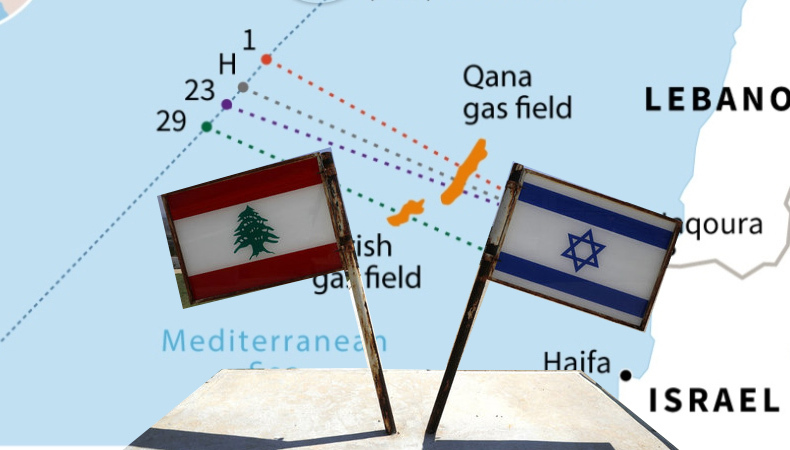Lebanon and Israel: A Tangled History of Land Disputes and Escalating Tensions

The possibility of Israel constructing a consulate in the area and its acknowledgement of Morocco’s sovereignty over Western Sahara has significant ramifications for the long-running territorial issue. While Morocco views this recognition as a welcome step and sees it as additional backing from the international community for its claim to Western Sahara, the action raises concerns about the conflict’s continuation and its potential effects on regional dynamics. The recognition is anticipated to increase bilateral collaboration between Israel and Morocco and attract Israeli investment in the region. How this event will affect the wider regional environment and current efforts to end the Israeli-Palestinian issue is still unknown.
Also Read – Palestinian Resistance Defies Israel’s “Nakba”
The Israeli military invaded Lebanon’s southern provinces more than 40 years ago. Many Lebanese families, including the author’s, were compelled to leave their country due to this invasion, which reached Beirut. Resentment is fueled by recollections of this tragic incident and following Israeli actions, such as massacres in the Sabra and Shatila refugee camps. Lebanese political and military group Hezbollah has become a key player. Although Hezbollah receives harsh criticism for its conduct and tactics, it appeals to the deep-seated resentments of millions of people who Israel has wronged. The persistence of hostility and resistance is facilitated by Israel’s prolonged occupation of disputed territories and the continued eviction of residents from their homes.
Since the 2006 war, Hezbollah’s power and military prowess have significantly increased. It is nevertheless dwarfed by Israel’s destructive potential, particularly when taking potential help from Western friends into account. Provocative acts by Hezbollah, such as encouraging youth violence in Jenin and Gaza, can potentially start a more significant regional conflict. Israel might then use this as justification to retake some of southern Lebanon.
The contested territories, which include Ghajar, Shabaa Farms, and Ras Al-Naqoura, have been a source of conflict between Israel and Lebanon for a long time. Despite Israel’s assurance that it will leave the village’s northern portions, Ghajar has remained a closed military zone. The Golan Heights and the Palestinian regions in which Israel has occupied and constructed illegal settlements are further factors that prevent a resolution and prolong the conflict.
Israel and Lebanon appear to raise tensions to divert attention from their domestic political problems. Hezbollah utilises the conflict to stay relevant as it struggles with declining support and a vague future vision for Lebanon. On the Israeli side, widespread civil disobedience and political unrest foster a climate where Hezbollah sees opportunity and weakness.
Both parties must address their problems and look for a solution through arbitration and international justice to stop the situation from worsening. Despite Israel’s opposition to international organisations, Lebanon’s claims about disputed borders should be made diplomatically. Beyond territorial conflicts, attention should be given to Lebanon’s urgent need for economic stability, political change, and the dissolution of repressive militias.
Also Read – Israel Plans to Bolster Palestinian Authority Amid Unstable Security Situation
The complicated past between Israel and Lebanon has created scars that still influence the current tensions. The tense environment results from disputed territorial borders, military operations, and unresolved complaints. Both countries must put domestic stability first, deal with their problems, and look for fair and peaceful ways to settle their long-standing differences. The only way they can create a future that guarantees the safety of Lebanese and Israeli lives and fosters regional stability is by doing this.




